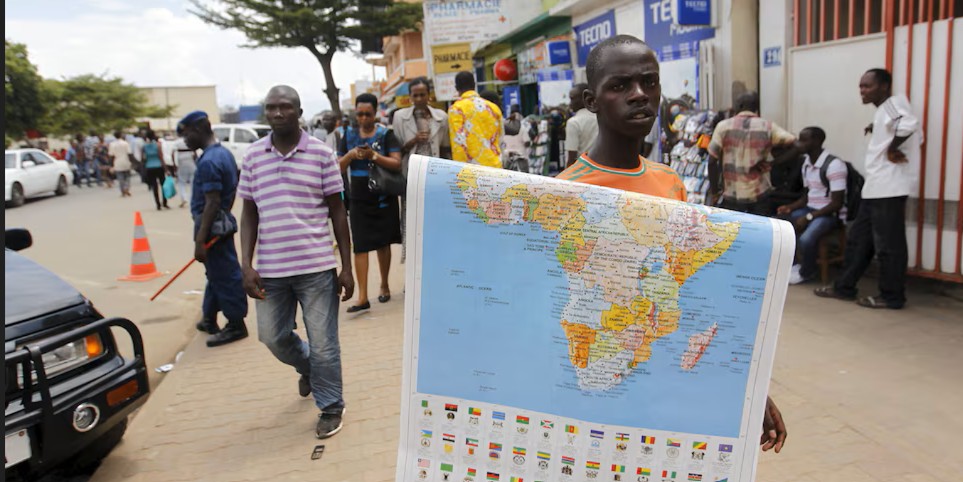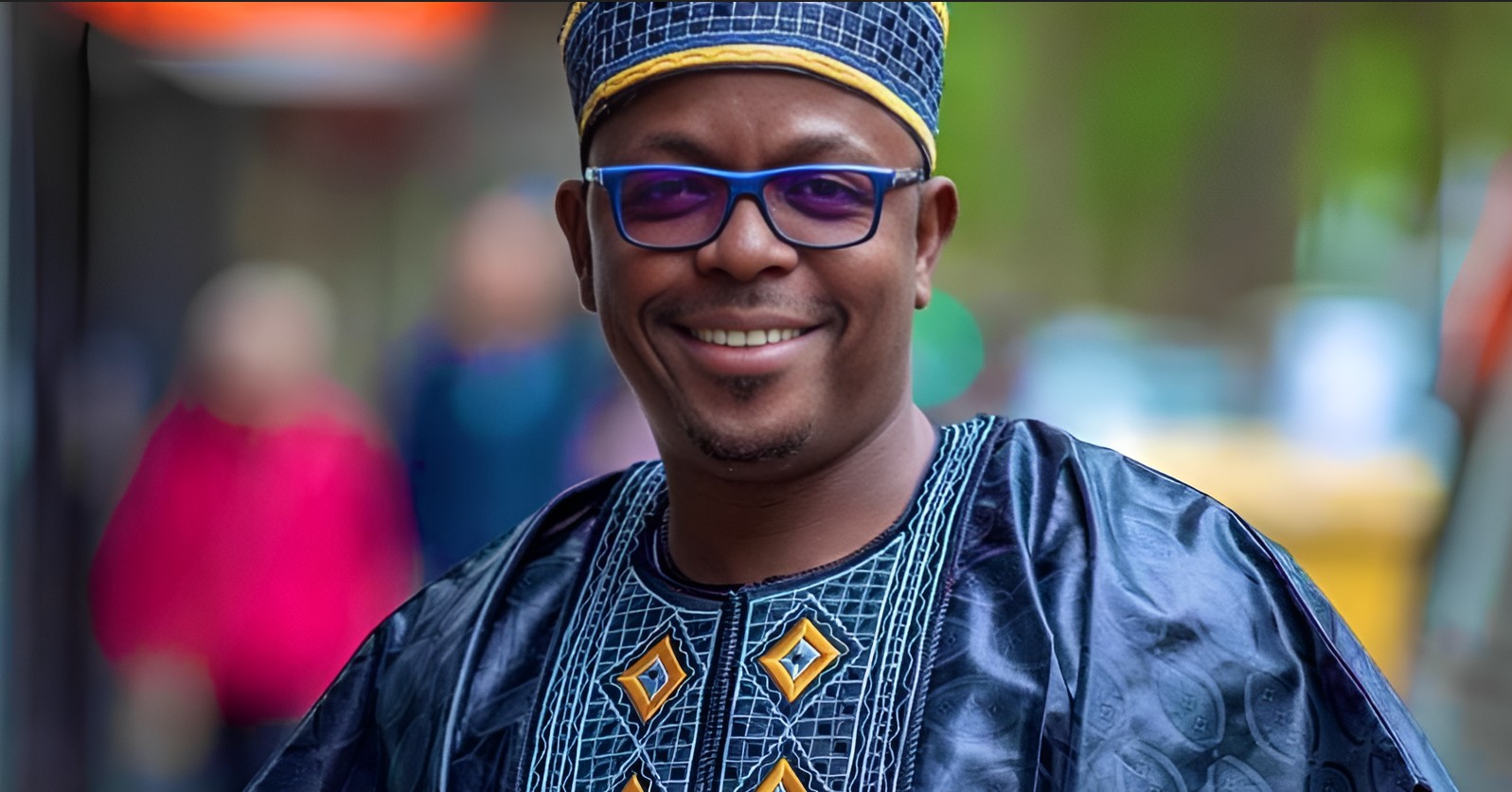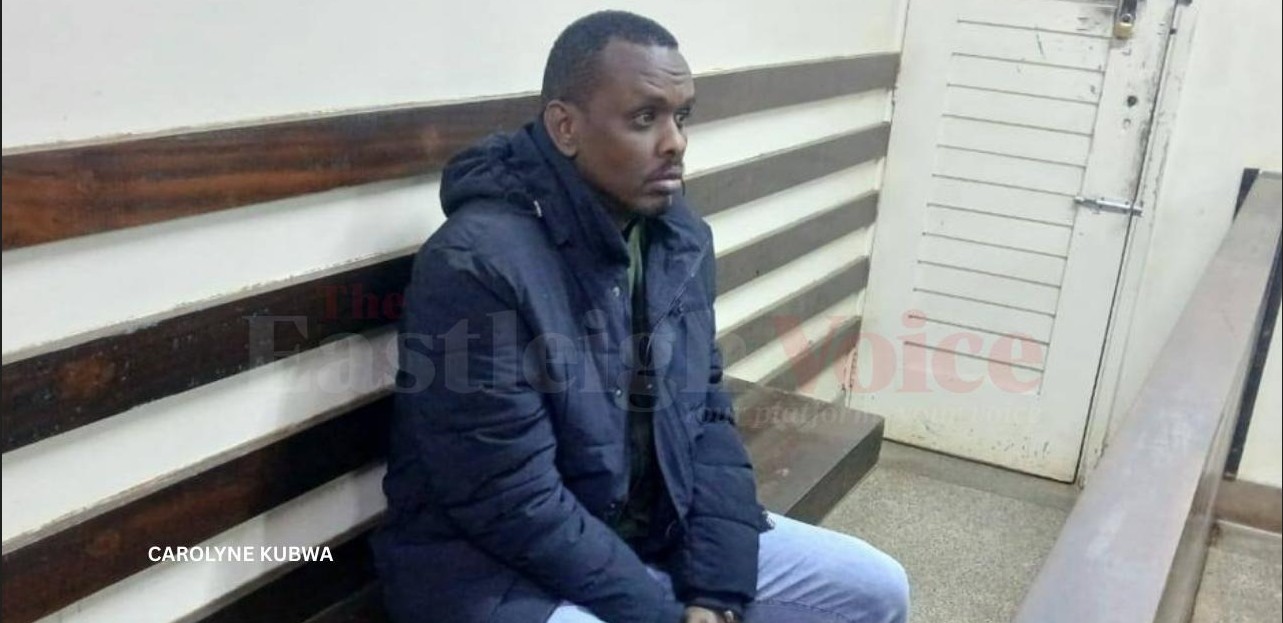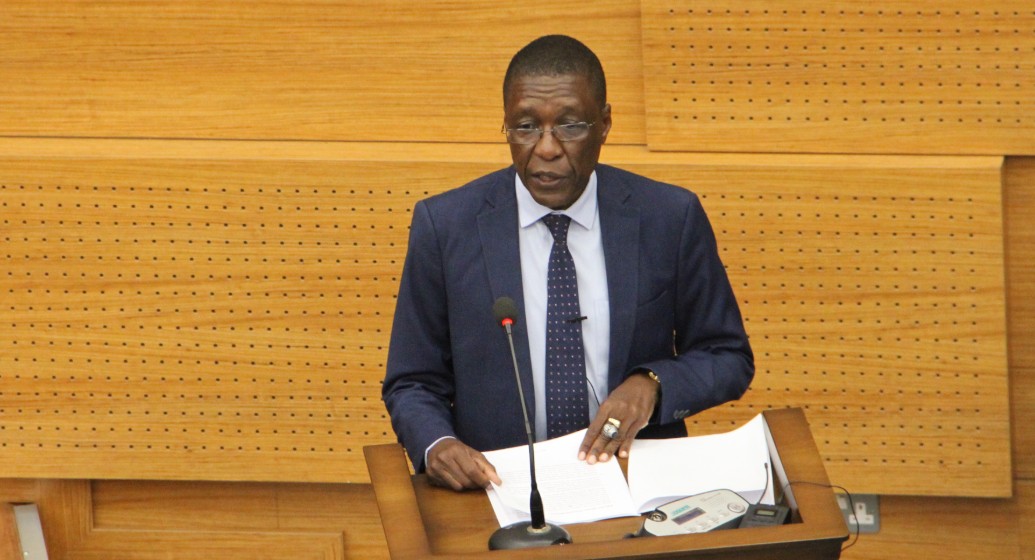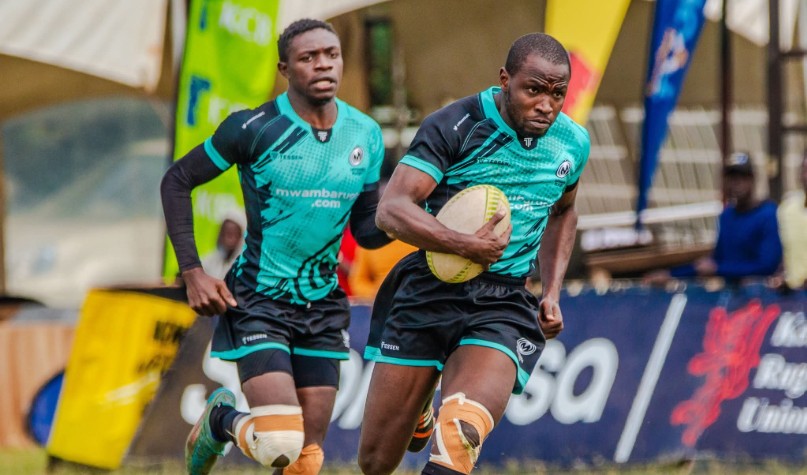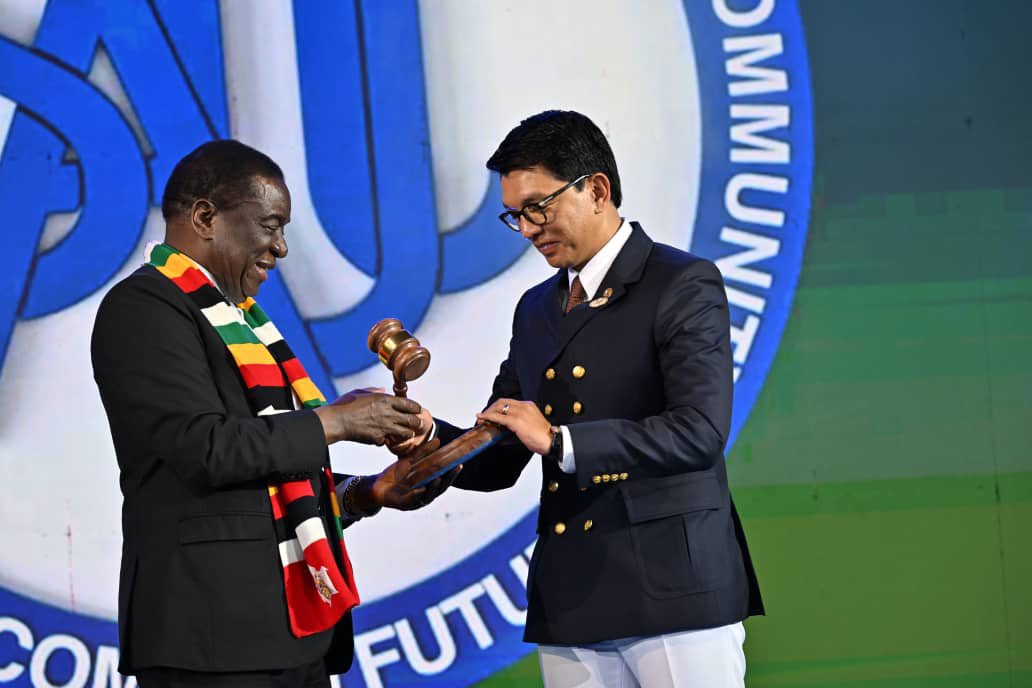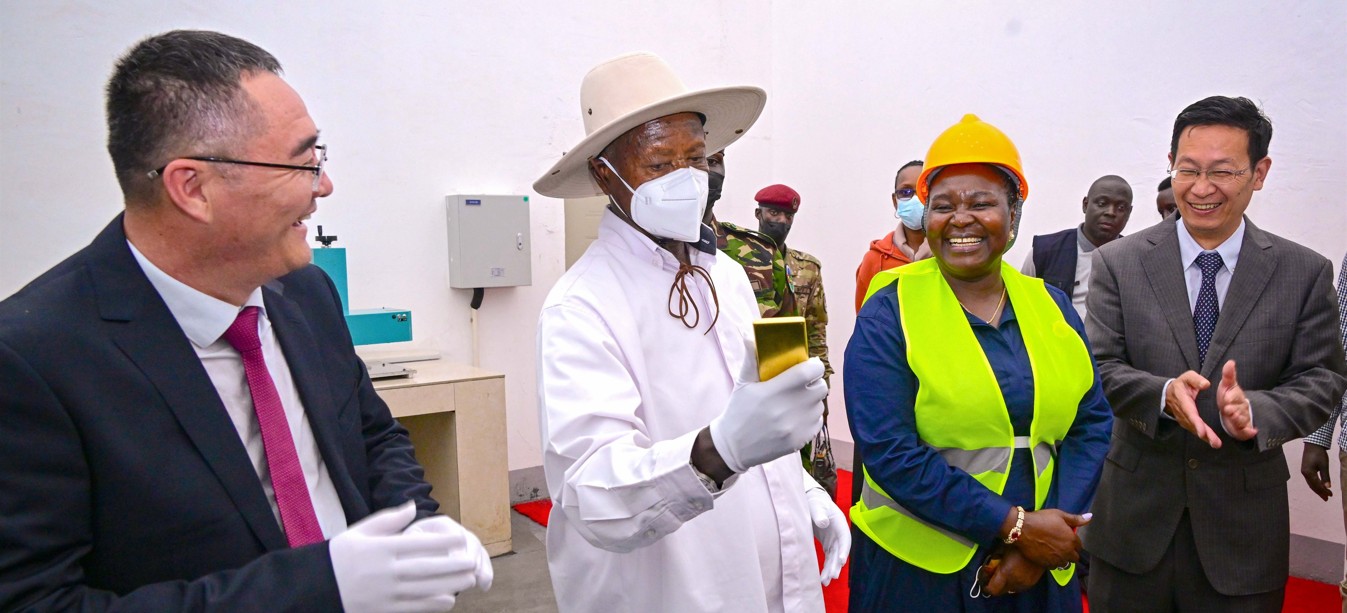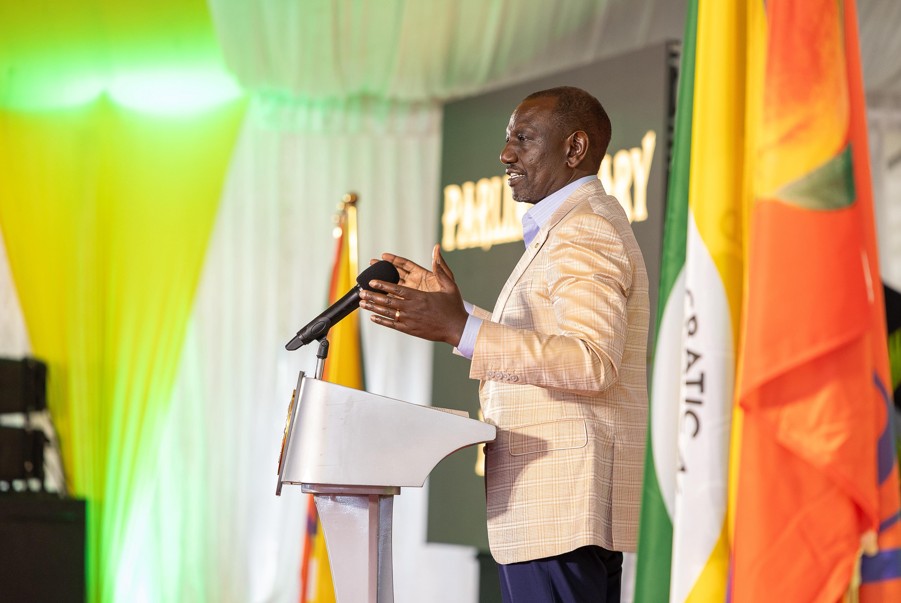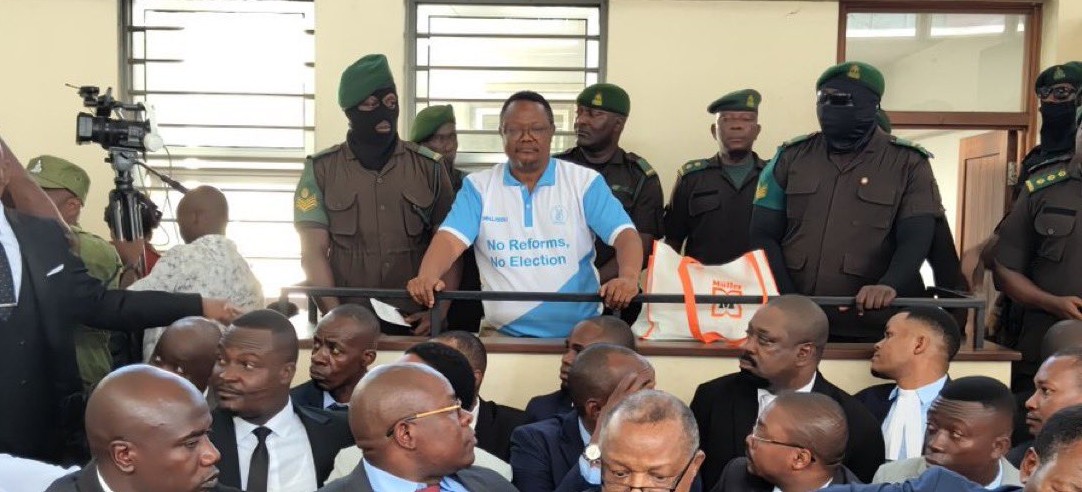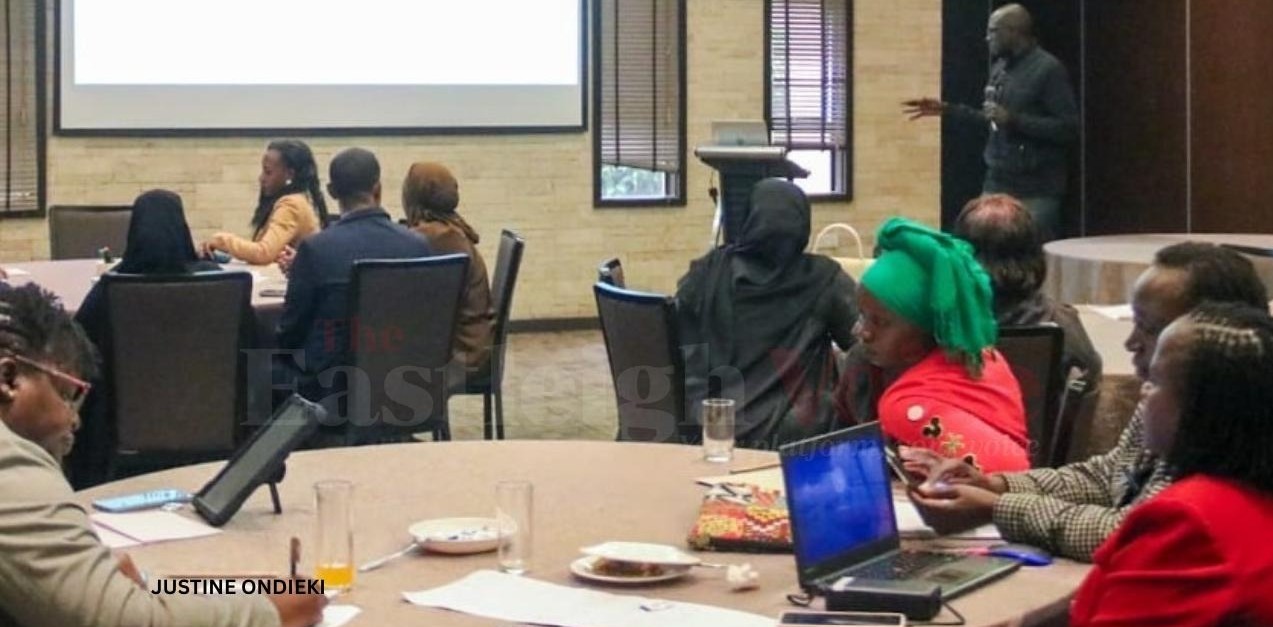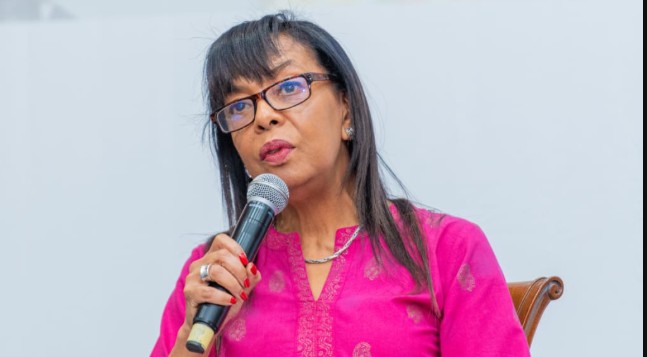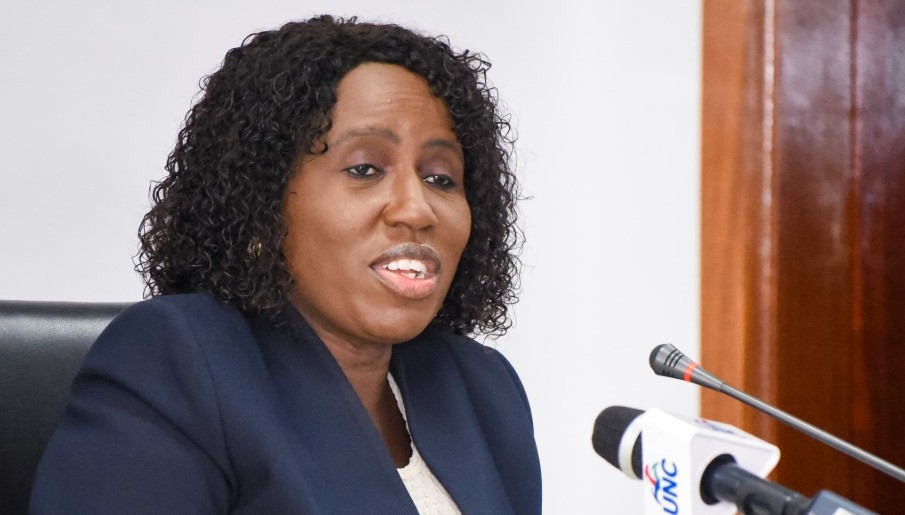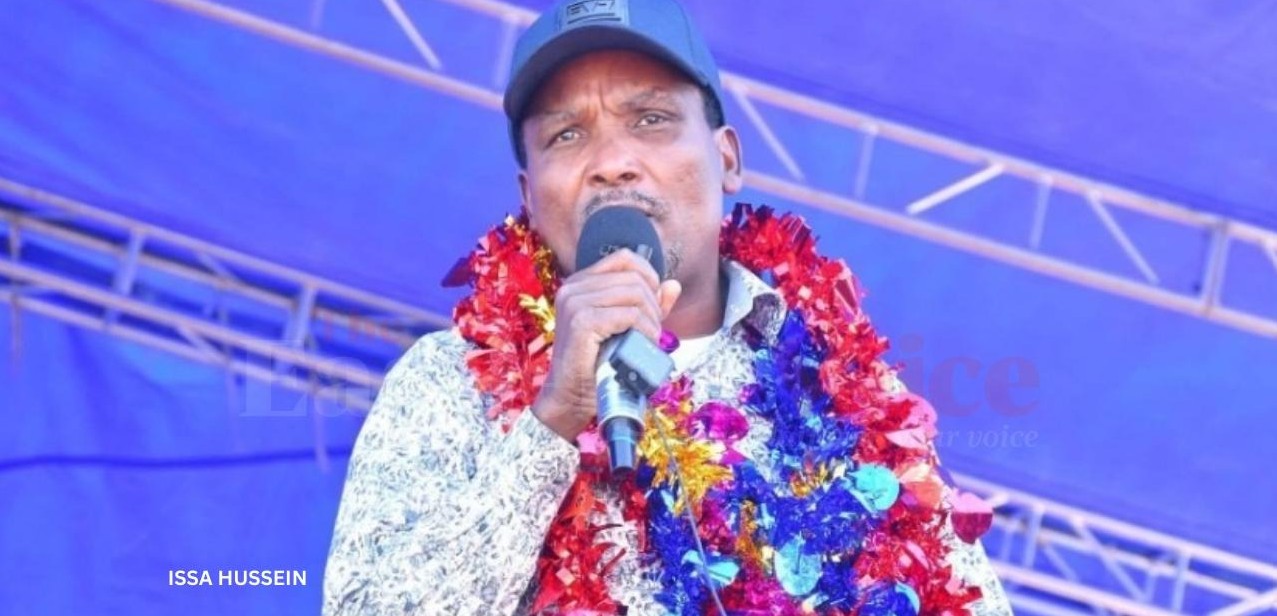East Africa mourns Prof John Habwe, scholar who advanced Kiswahili literature and language
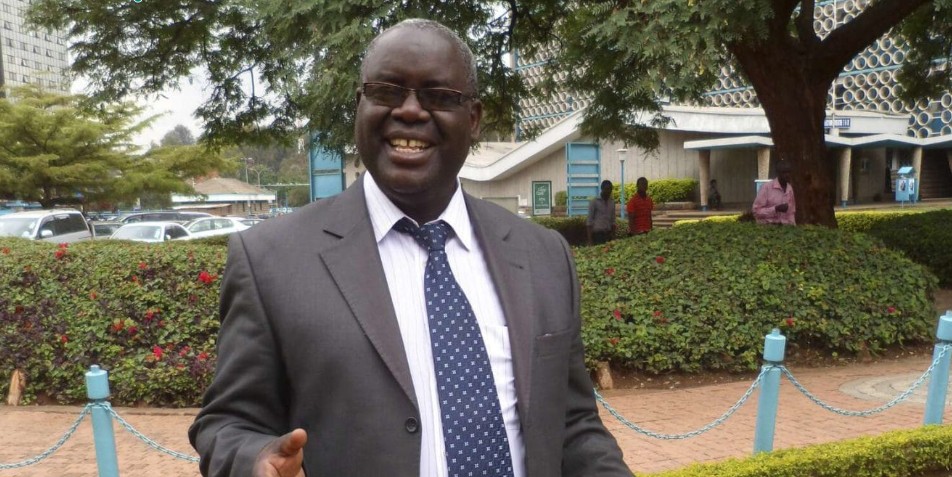
Prof Habwe, celebrated as one of the most decorated figures in Kiswahili literature, was also an acclaimed author, playwright, linguist, and long-serving lecturer at the University of Nairobi.
The Kiswahili fraternity in East Africa is mourning the death of renowned author and scholar of the Kiswahili language and literature, Professor John Hamu Habwe.
Prof Habwe, celebrated as one of the most decorated figures in Kiswahili literature, was also an acclaimed author, playwright, linguist, and long-serving lecturer at the University of Nairobi.
More To Read
- From Bungoma to the world: How I turned passion for Swahili into global classroom - Abdulkarim Murunga
- How Kiswahili is building a cultural bridge between China, Tanzania
- Rwanda to host 2025 World Kiswahili Language Day celebrations in Kigali
- Kiswahili and French recognised as official languages of the EAC
- 'Panya route' joins Oxford English Dictionary as second Swahili word
- Why all college and university students should learn Kiswahili
He passed away on the night of Sunday, August 17, after a long illness. His death was confirmed on the morning of Monday, August 18, by Prof Iribe Mwangi, Chairperson of the Department of Kiswahili at the University of Nairobi.
"Greetings to you colleagues. I bring sad news to you this morning. We have lost Prof John Hamu Habwe after being in and out of the hospital for some time. The department of Kiswahili, the University and the Kiswahili world in general has really lost. He was a great teacher for about 37 years. Personally, he taught me from my first year undergraduate and was the 1st supervisor for my PhD. I mourn him as a great mentor, linguist and creative writer. Prof Habwe passed on last night. May Prof rest in eternal peace," wrote Prof Mwangi in a condolence note to fellow scholars.
His passing has triggered an outpouring of grief from academics, writers, students, and colleagues across Kenya and the wider Kiswahili-speaking world, who described him as a pillar in advancing Kiswahili studies and literature.
Among the prominent scholars who have mourned him are Dr Amiri Swaleh, Prof Mosol Kandagor, Prof John Kobia, Dr Vince Nyabunga, Prof Kineene wa Mutiso, Prof Kimani Njogu, Mwalimu Alex Ngure, and Dr Sarah Ndanu, among others.
Prof Kithaka Wa Mberia, celebrated author of Kifo Kisimani, told The Eastleigh Voice that Habwe was once his student before becoming a respected writer and lecturer.
"He was a dedicated student who showed great dedication towards promoting the Kiswahili language and literature. We will miss his great contribution towards the promotion of Kiswahili in Kenya and beyond," said wa Mberia.
In his tribute, Prof Kimani Njogu, founder of Twaweza Communications, described Habwe as a towering intellectual who shaped public discourse through his writings and media engagements.
"The news of the passing of Prof John Habwe is devastating. We have lost a consummate, humble and resilient professional. I remember the many meetings we had.... from the era of the programmes like Lugha Yetu and Ukumi wa Lugha to the journal Mwamko and advocacy for the formation of the Swahili Council. Prof Habwe was a public scholar. May God rest his soul in eternal peace," said Prof Njogu.
Distinguished academic and mentor
Born on December 12, 1962, Prof Habwe’s career spanned more than three decades of teaching, writing, and scholarship. He earned his bachelor’s, master’s, and doctorate degrees at the University of Nairobi, where he rose from tutorial fellow in 1989 to associate professor in 2011.
He also served in leadership positions, including as Chair of the Department of Linguistics and Languages (2011–2013) and later as chair of the Department of Kiswahili (2013–2016).
Beyond the University of Nairobi, he lectured part-time at Maseno University and the Catholic University of Eastern Africa, while also serving as an external examiner at Moi University.
His expertise extended to international organisations such as the Food and Agriculture Organisation (FAO), the World Health Organisation (WHO), and the Kiswahili Commission of East Africa, where he contributed to translation and language projects.
Other Topics To Read
A dedicated mentor, Prof Habwe supervised dozens of postgraduate students, who remember him as approachable, meticulous, and inspiring.
Prolific writer and literary voice
Prof Habwe made a lasting impact on Kiswahili scholarship, publishing widely in pragmatics, sociolinguistics, and discourse analysis. His textbooks on Kiswahili grammar and prose remain core references in schools and universities.
He was also a celebrated novelist and short story writer. His novels — Paradiso (2005), Cheche za Moto (2008), Kovu Moyoni (2014), Pendo la Karaha (2014), and Hidaya Yangu (2018) — won him critical acclaim and several awards, including the prestigious Wahome Mutahi Literary Prize.
He wrote children’s books, anthologies, and works of prose fiction that addressed pressing social and political issues, further cementing Kiswahili’s place as a language of literature and identity.
For years, he also participated in and chaired popular Kiswahili radio programmes such as Lugha Yetu and Mjadala at the Kenya Broadcasting Corporation (KBC), where he brought Kiswahili to a broader audience beyond academia.
A legacy etched in Kiswahili history
Prof Habwe’s contributions earned him numerous accolades, including the 2016 Wahome Mutahi Award for Kovu Moyoni, the 2015 Jomo Kenyatta Textbook Centre Kiswahili Literary Award for Pendo la Karaha, and the 2010 Wahome Mutahi Prize in the Kiswahili category for Cheche za Moto.
Earlier, in 2007, he was recognised by the University of Nairobi for his dictionary research with Kamusi ya Isimu na Fasihi.
Through his teaching, writings, and media engagements, Prof Habwe leaves behind a towering legacy that has shaped Kiswahili literature, scholarship, and cultural identity for generations.
Top Stories Today
